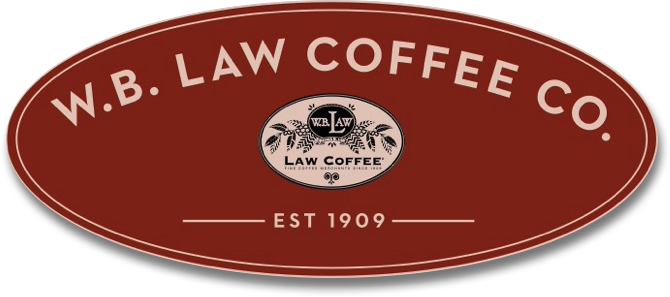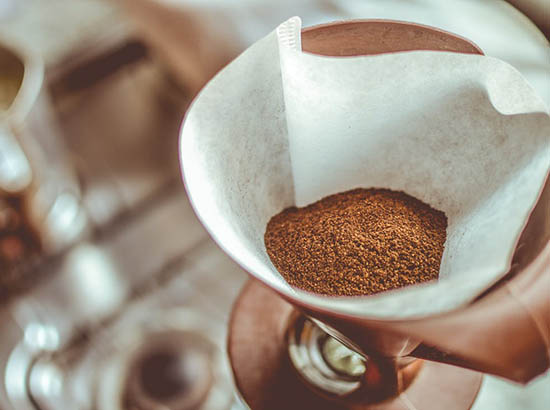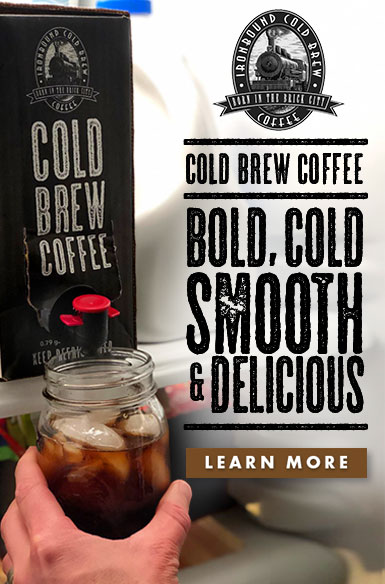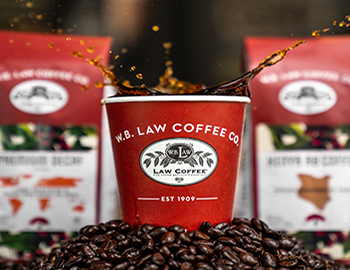By Matt Flanagan & David Mendez
In the past year, have you had had delays in receiving orders, or have you received incorrect orders? I’ve got to assume yes. The sweeping effects of the pandemic have put a spotlight on food and employee safety and how to stabilize supply chains. Without full employment of your trained employees, you can’t operate at full capacity and with minimized issues. How do we prevent that? Our small family owned business put a major emphasis on food safety culture before it was a mainstream topic.
In the news and within conversations with other business owners, I’ve heard countless stories of how the virus wiped out entire departments causing massive disruptions. The meat industry was a casualty in the early part of the pandemic causing shortages in grocery stores. In early March ’20, I went to a facility of a publicly traded company who manufactures & distributes products to the largest names in foodservice. During the tour, I was shocked at the lack of preparation a publicly traded company had done for their plant. I gave the plant manager my concerns and voiced necessary improvements to him and then one of their c-level executives so I could selfishly protect our own supply chain. It’s worth noting, after those conversations they made adjustments… many of their customers, some are my competitors, should be thanking me.
Not too long after the Food Safety Modernization Act (FSMA), we took a look at food safety plan and in turn the safety of our employees. We invested time and resources into getting our managers trained with the help of Rutgers Food Innovation Center. We invited (yes invited) NJ Health Dept and the FDA to do an audit on our state of the art cold brew facility. We took what we learned from personal protection such as hairnets, gloves, foot wash stations as and implemented those findings into our production facility for roasted and ground coffee as well. We upgraded and updated all materials, cleaning solutions, manufacturing equipment and packaging into food grade compliant materials. We introduced lab testing on all finished products with a hold to ship until those results came back to us. We found ways to make less touches on our lines increasing efficiencies, and ways to clean to a different standard, one that was the blueprint to our organic certification. We implemented all of these changes into our HACCP plans and updated employee training manuals. We began a partnership with AIB International who inspects us annually. Organic certifiers also visit us on an annual basis which added even more audits and controls.
This was all pre-pandemic. Once Covid hit, we weren’t running around chasing our tails. Our president simply sat us down in a room with a giant whiteboard and explained that we were ready for this, and here is how we are going to get through it. We added more protocols and safety measures to ensure our team had enough information to come into the office without fear, and we broke down our business into its simplest form to prepare for the worst. We made additional adjustments such as social distancing, marking each work station to follow CDC guidelines, instituting mandatory mask policies, and adding hand washing stations upon entry to our facility for ALL employees. We added a non-essential no visitor policy to restrict access to the facility, which is still in place today to a degree. Finally, we purchased a bipolar ionization system and had it installed into our HVAC systems to inactivate the coronavirus.
We feel the need to write this, because many companies never take the time to ask questions like, “Do you have a disaster management plan or any type of food safety plan? Potential clients simply ask, “How much?”. But now, after you’ve faced these disruptions and hindsight is 20/20, wouldn’t you have paid a little extra to get those products/services fulfilled faster and more accurately? Of course you would have, and many foodservice companies are now paying the price for the disruptions they’ve faced in their supply chain because they chose the wrong partners. I hope that as we work our way out of the pandemic, one positive is people begin to ask about our food safety culture.



